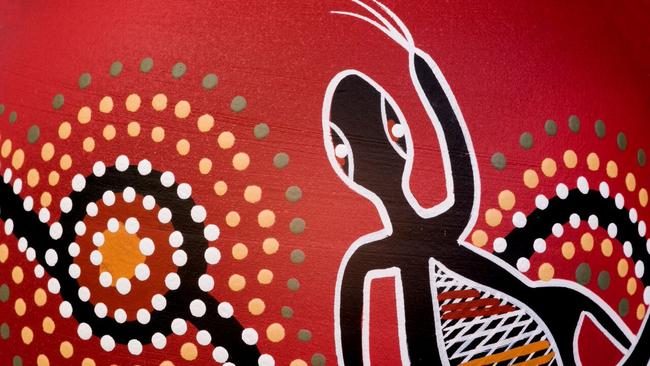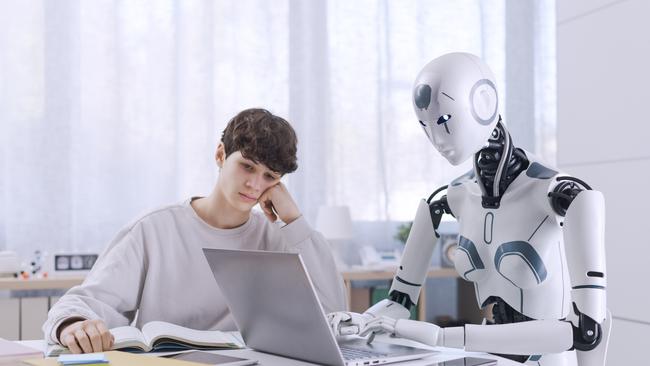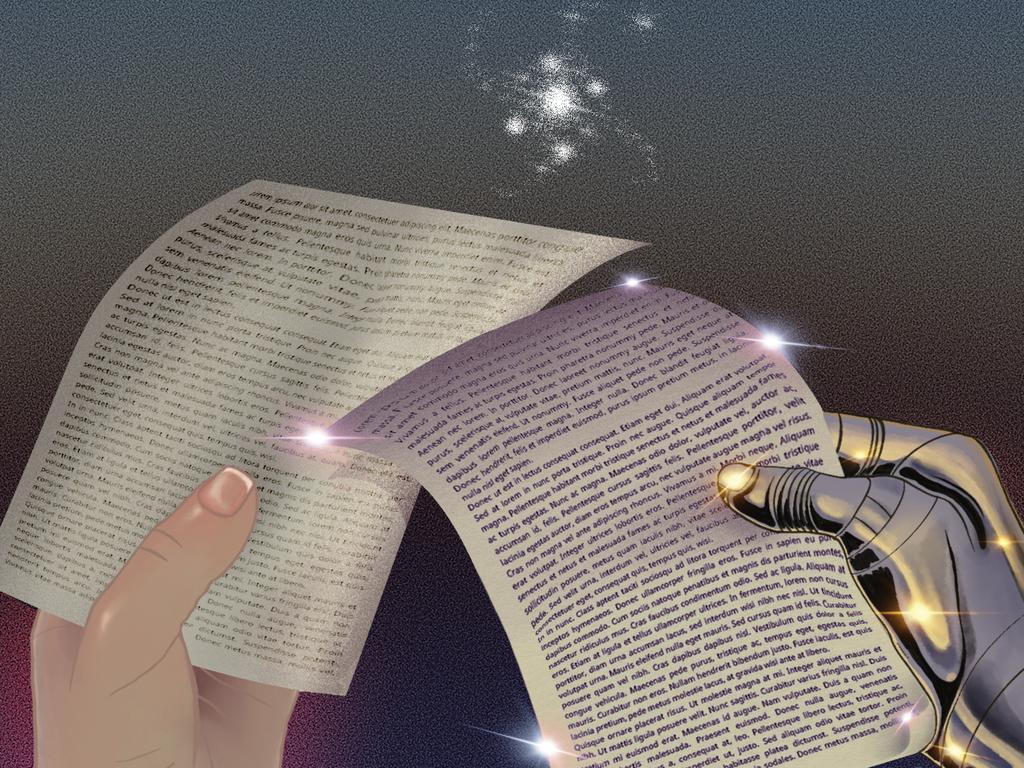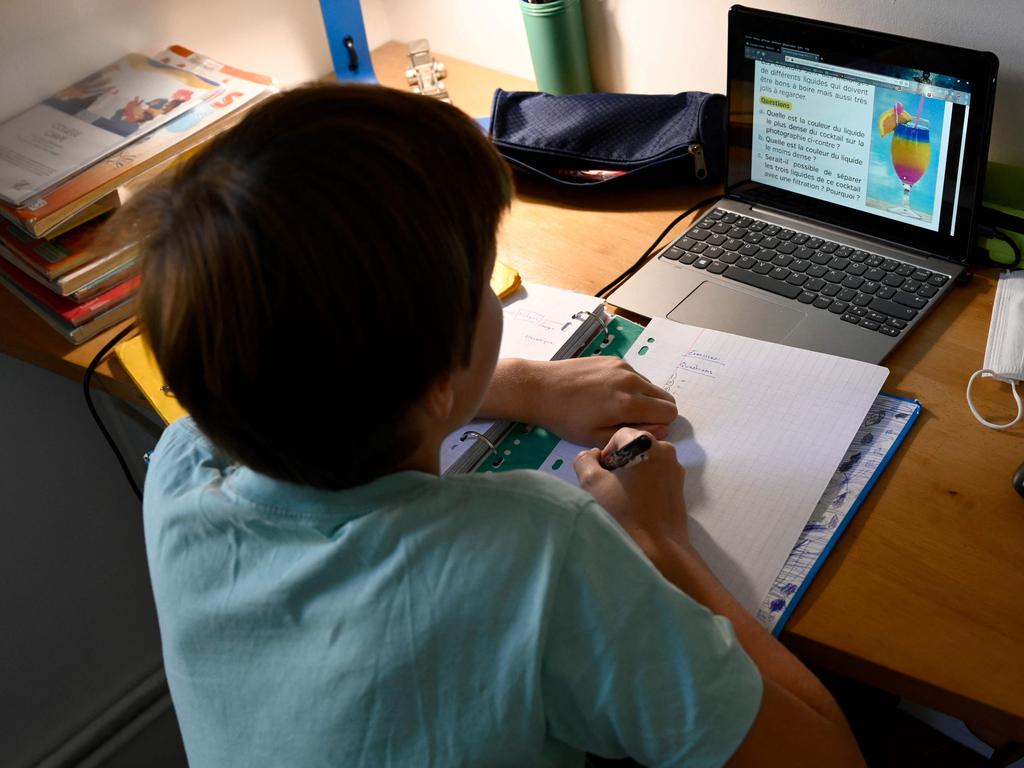Indigenous lesson alert for use of artificial intelligence
Teachers have been instructed to consult Indigenous communities before using artificial intelligence to teach Aboriginal and Islander history and culture, due to bias and inaccuracy.

Teachers have been instructed to consult Indigenous communities before using artificial intelligence to teach Aboriginal and Islander history and culture, due to bias and inaccuracy.
The first curriculum advice for the teaching and use of AI, issued by the Australian Curriculum, Assessment and Reporting Authority, cautions teachers against and students using AI to generate Indigenous art.
The advice, released on Monday, singles out Aboriginal and Torres Strait Islander history and culture – which must be taught across every subject area – in a warning to educators that AI can easily generate deepfakes and biased information. ACARA advises teachers to consider consulting Aboriginal and Torres Strait Islander people as “a primary source of information and gaining permission’’ before using AI to teach First Nations content.
“This is particularly crucial to mitigate the risk of unintentional offensive content and to avoid incorrect information,” it states.
“AI systems can provide misinformation about Indigenous knowledge and identities.”
ACARA warns of the pitfalls of using large language models, such as generative AI chatbot ChatGPT, and rival chatbots Google Genesis and Microsoft Copilot.
“Biases in the data that AI systems are trained on can perpetuate discriminatory stereotypes or unfairly represent, omit or negatively portray certain groups, particularly when AI systems are trained using historical data generated by biased human interactions,’’ the advice states.
“AI can be used to manipulate and deceive when used unethically, as seen in the rise of deepfakes and AI-generated image-based bullying and abuse.
“Teachers and students should be aware that as advances in AI continue, it will become increasingly unlikely to be able to discern misleading or harmful content such as deepfakes through critical thinking alone.”

ACARA also calls on students to avoid creating fake content, and to seek permission before using copyrighted material.
Aside from Indigenous culture and history, ACARA does not refer to the risk of AI distorting information about any other cultures, historical events or scientific debates – such as the European settlement of Australia, the Renaissance, the Holocaust and climate change.
The national curriculum’s AI document calls on schools to put an “ethical lens’’ over Indigenous cultural intellectual property.
“Students might consider whether they could or should use First Nations languages, stories, artworks and images in their writing, art-making and performance, and if these should be added to AI datasets without the permission of cultural custodians,’’ it states. “Creation and use of AI systems is not only connected to data privacy but also data sovereignty.’’
The curriculum document warns teachers of “ethical conundrums and some wicked problems associated with AI”. And it cites the rapid harvesting of big data to generate profiles and predictions about humans.
“AI could be part of the intentionally deceptive creation of user experiences designed to take advantage of human behaviour,’’ it states. “This is known as ‘dark pattern’ … design (that) may mean humans do not know that their options have been restricted or they have been unconsciously influenced to make decisions when using AI. Monitoring this is difficult (due to) propriety and ‘black box’ algorithms.’’
Teachers are required to include Aboriginal and Torres Strait Islander histories and cultures in every subject area – including maths and science – as well as sustainability and Australia’s engagement with Asia.
ACARA acting CEO Stephen Gniel said AI technologies could “provide enormous benefits for education’’ by improving teaching and learning opportunities for students – but we also need to educate children in how to stay safe as they use these technologies”.
ACARA’s advice also points teachers to the National Copyright Unit’s requirement that teachers and students disclose when AI has been used.
The NCU’s complex advice reveals the legal and ethical minefield of using AI in schools. It states that teachers and students who use AI to create an original work should declare: “This work was generated using (name of AI tool). Any copyright subsisting in this work is owned by (name of education department).”
If schools use AI to modify an existing version of third-party materials – such as a book, song, film, article or painting – they must do so only using the “fair dealing’’ provision of the Copyright Act for research or study.
The NCU says generative AI can lighten teachers’ workloads by producing draft lesson plans and course materials “by learning from millions of existing works’’.
It can also assist with one-on-one tutoring and personalised learning for individual students.







To join the conversation, please log in. Don't have an account? Register
Join the conversation, you are commenting as Logout